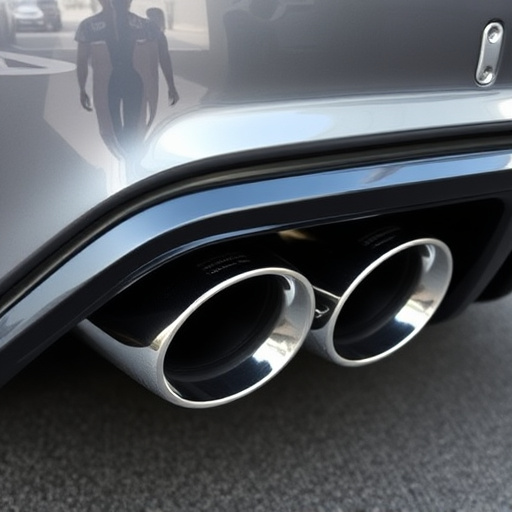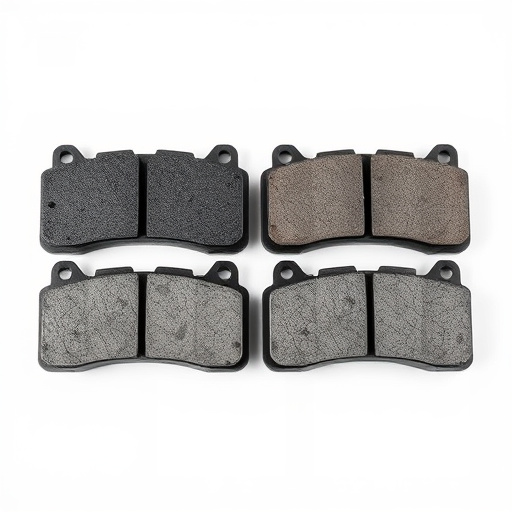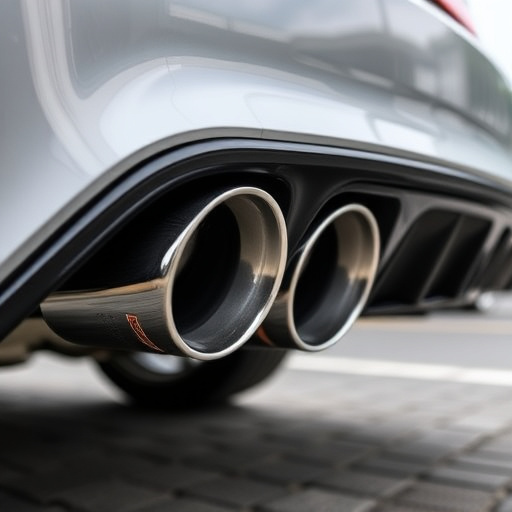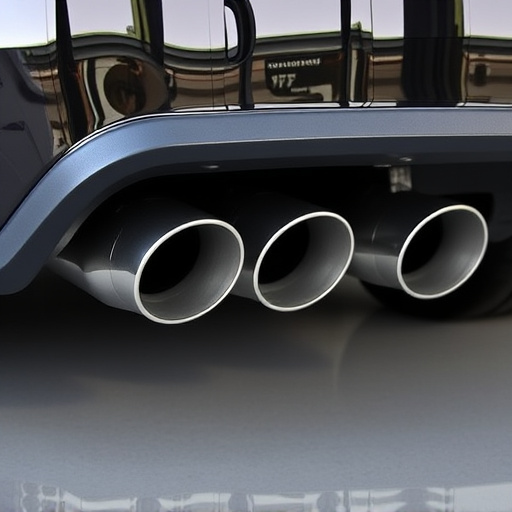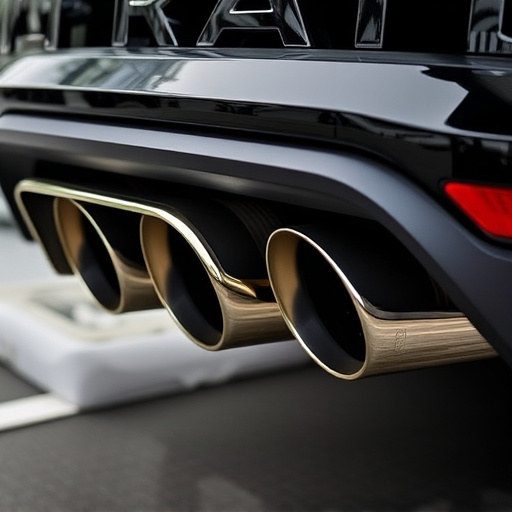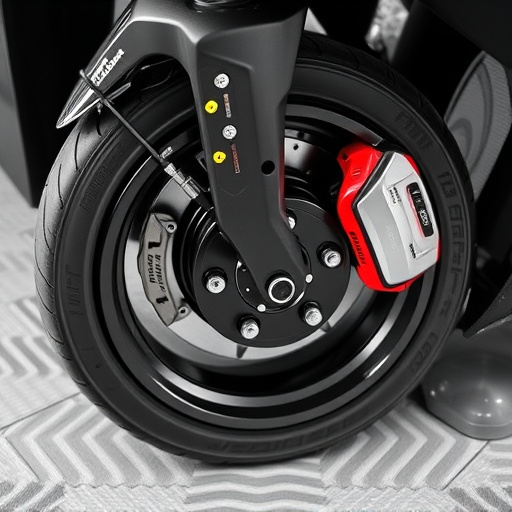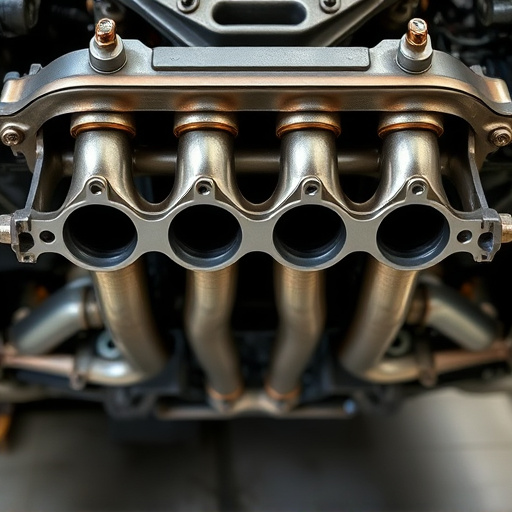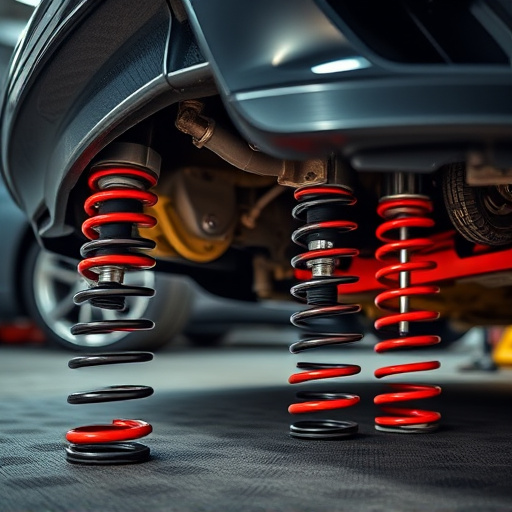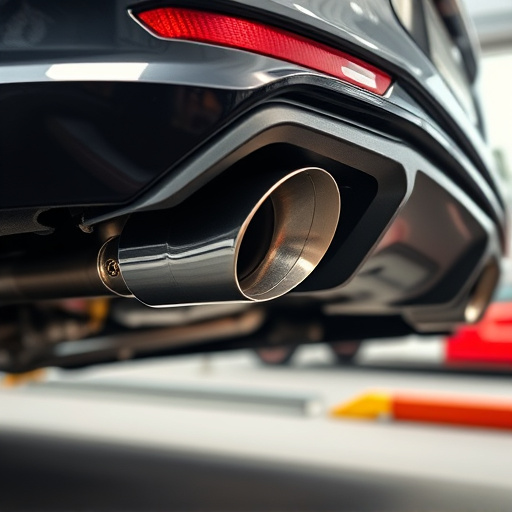An oiled air filter is a warning sign of engine issues, impacting performance and potentially causing damage. Regular replacement is crucial to prevent more costly repairs and maintain vehicle health, especially for high-performance cars. Contaminated filters reduce airflow, cause noise, lower fuel efficiency, and pose health risks by allowing unwanted particles into the cabin.
An oiled air filter can be a hidden menace in your vehicle, leading to reduced performance and potential health risks if left unattended. This article guides you through the signs that indicate your oiled air filter needs immediate attention. We explore common issues like excessive oil accumulation and contamination, and delve into the impact on engine health. By recognizing these indicators, you’ll be better equipped to ensure optimal vehicle performance and safety.
- Oiled Filter: When to Replace, Not Clean
- Recognizing Damage: Signs of Contamination
- Impact on Performance: Health Risks Averted
Oiled Filter: When to Replace, Not Clean
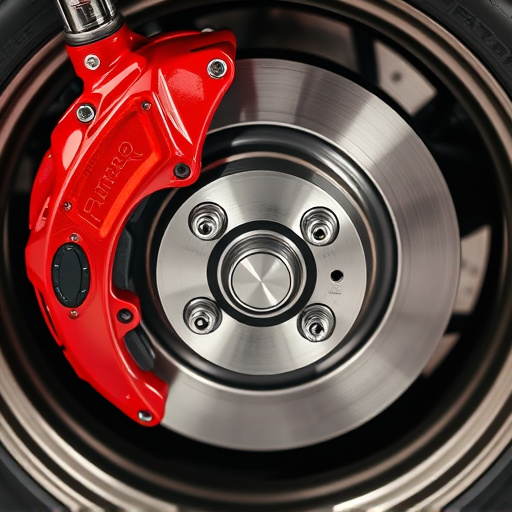
An oiled air filter is a sign that your vehicle’s engine is experiencing an issue with excess oil or a potential leak. While some level of oil contamination in the air intake system is normal, a severely oiled filter indicates a problem that needs immediate attention. If your air filter is consistently coated in a thick layer of oil, it may be preventing proper airflow to the engine, leading to reduced performance exhaust and potential damage over time.
When an air filter becomes overly oiled, it’s usually not a simple matter of cleaning. The best course of action is to replace the oiled filter with a fresh one. Ignoring this issue can result in more costly repairs down the line. Moreover, a severely oiled filter could be indicative of problems with your engine, such as excessive oil burn or leaks from gaskets or head gaskets, especially if accompanied by other symptoms like smoke emanating from the exhaust or unusual noises during operation. High performance parts and cat back exhaust systems may also contribute to increased oil in the air intake, highlighting the need for regular filter maintenance.
Recognizing Damage: Signs of Contamination
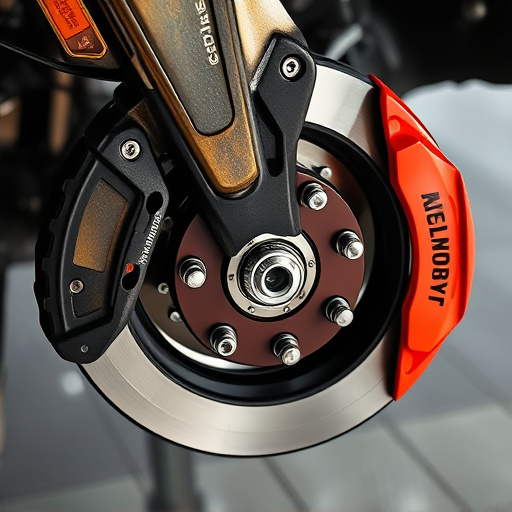
An oiled air filter can be a driver’s secret weapon, but when it shows signs of contamination, it becomes a potential hazard. Contaminants like dust, debris, and even engine oil can infiltrate the filter, compromising its efficiency. Look for visible damage such as rips, tears, or a noticeable buildup of grime on the filter’s surface. These issues not only reduce airflow but also allow unwanted particles to enter your vehicle’s air intake system, potentially damaging sensitive components like suspension parts and high-performance parts.
Additionally, if you notice a significant drop in engine performance, increased noise from the engine bay, or even a decline in fuel efficiency, these could be indicators of an overly contaminated air filter. Regularly checking your oiled air filter for signs of damage and replacing it as needed is crucial for maintaining optimal vehicle health and ensuring the longevity of your air intake system.
Impact on Performance: Health Risks Averted
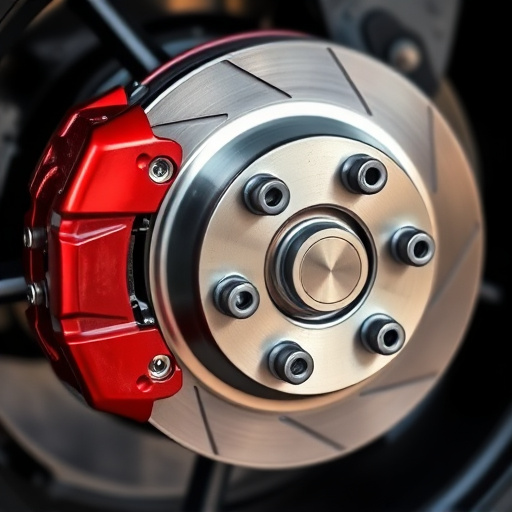
An oiled air filter can significantly impact your vehicle’s performance. When an air filter becomes saturated with oil, it restricts airflow to the engine, leading to a decrease in horsepower and torque. This not only hampers acceleration but also affects overall vehicle performance, making driving less responsive and efficient.
Beyond performance issues, an oiled air filter poses health risks. Unfiltered or improperly maintained air allows pollutants and contaminants into your cabin, including oil particles, dust, and allergens. Regularly changing your air filter is crucial for maintaining good indoor air quality and preventing potential respiratory issues for drivers and passengers. By addressing a contaminated or oiled air filter promptly, you’re not only enhancing vehicle performance but also ensuring the well-being of those inside.
An oiled air filter can significantly impact your vehicle’s performance and overall health. Recognizing signs of contamination and acting promptly is crucial to avoiding potential damage. If you notice any of the mentioned symptoms, such as an unusual smell, reduced engine power, or increased oil consumption, it’s time to address the issue. Regular maintenance and timely replacements are key to ensuring a clean and efficient air filtering system, ultimately enhancing your driving experience.





